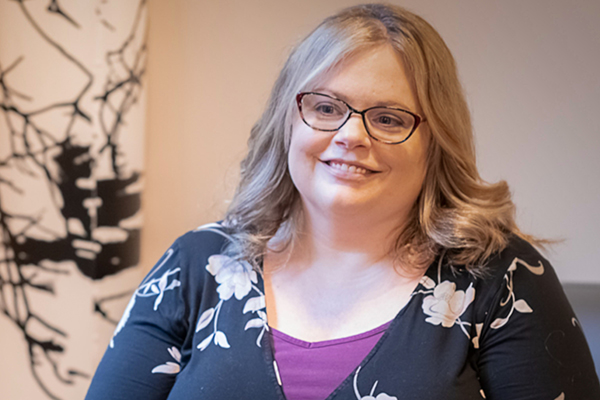
Counselling Services for Trauma Recovery
Have you experienced distressing events that are challenging your ability to cope? Recovery is possible with compassionate and skilled therapy.
What is trauma?
Trauma is a term used to describe lasting negative effects caused by experiencing a distressing event.
Trauma can be the result a single event, such as a car accident, or the result of repeated exposure, such as ongoing child abuse.
Examples of traumatic events include:
- Being bullied or harassed
- Verbal or physical assault
- Being in an accident
- Having a medical illness diagnosis
- Natural disasters
- Witnessing disturbing events (vicarious trauma)
Trauma is considered especially complex when it is chronic and disrupts a person’s psychological development.
However, it’s important to keep in mind that trauma is not strictly defined or determined by the actual event itself. Rather, trauma is about the lasting negative effects that the traumatic event has on a person.
“I am not what happened to me, I am what I choose to become.”
Carl Jung
What symptoms may indicate trauma?
Trauma is a particularly nuanced circumstance, because everyone experiences and processes trauma differently.
Two people could share an identical experience. One person may seem to ‘get over it’ quickly. The other may develop trauma symptoms, such as:
- Difficulty feeling safe, regulating emotions, and maintaining healthy relationships
- Struggling to communicate, and difficulty trusting others
- Unhealthy coping methods, including addictive behaviours, that may cause long-term depression
Your ability to ‘bounce back’ may also depend on your support system, your coping skills, your additional stressors and responsibilities, and many other factors.
It’s completely normal to experience strong emotions after a traumatic event. Symptoms that last a week or two are expected.
However, trauma counselling is recommended if your symptoms continue or worsen over time instead of improving.
Other symptoms that may indicate trauma
- Shock, confusion, disbelief
- Feeling disconnected or numb
- Difficulty with focus and concentration
- Anger, irritability, inability to self-calm
- Mood swings, difficulty regulating emotions
- Agitation, anxiety, fear or panic
- Guilt, shame, self-blame
- Withdrawing from others and avoidance of situations
- Feeling sad, hopeless or worthless
- Intrusive thoughts or images (flashbacks)
- Loss of appetite or overeating
- Disrupted sleep, nightmares, or exhaustion/oversleeping
When you work with a clinical counsellor, you’ll find relief by reprocessing key memories in a safe, supportive space. Your triggers will lose their power over you, and you will feel better able to cope.

How does counselling help with trauma?
People are often encouraged to try to push through the effects of trauma. Our culture encourages us to be stoic.
You may have heard someone say “pick yourself up by your bootstraps”, “suck it up”, or even “keep calm and carry on”. Unfortunately, trauma is not something people can just will themselves to simply get over.
Tanglewood offers professional support by guiding you in:
- Identifying your symptoms and triggers
- Understanding what is happening in your brain and body
- Developing practices for grounding and self-soothing
- Processing exercises to lessen the intensity of associated thoughts and reactions
- Learning how to overcome distressing symptoms
- Moving beyond the traumatic experience
- Regaining control over your life
Trauma counselling methods
I utilize a mixture of psychoeducation, EMDR, CBT/DBT/REBT, body-centred therapy, and narrative therapy in trauma treatment. A trauma-informed framework is also used for all counselling whether or not trauma is identified.
Get started with a free phone consultation. We will discuss what you’re looking for and how to work together in a way that is comfortable and helpful.
